Why Spurs should turn to their academy rather than the January transfer market
Nick Harris explains why it's time for Spurs to stop worrying about big-name imports and love the kids...
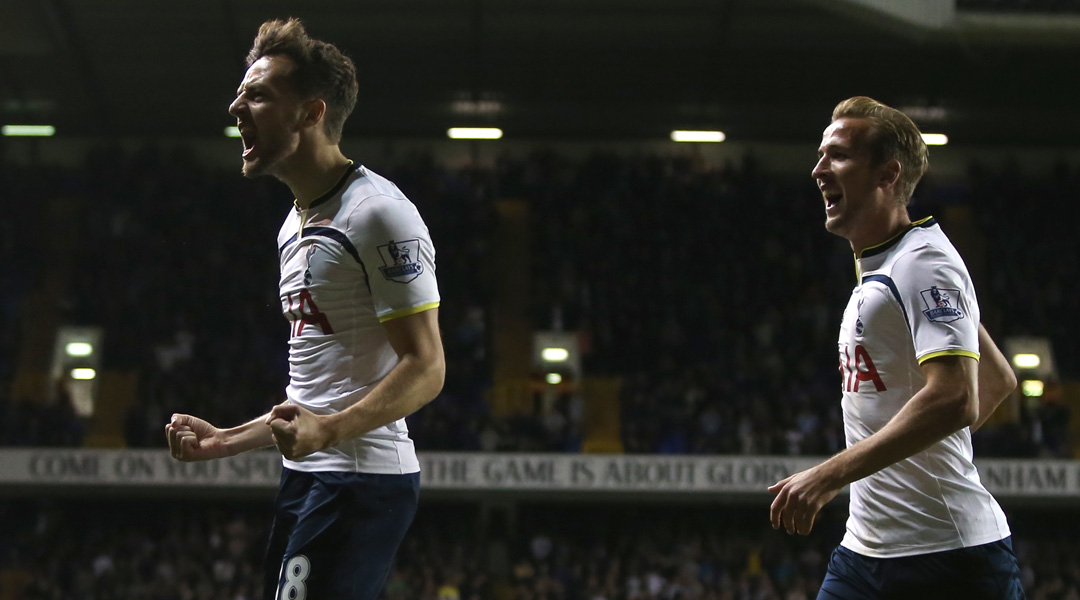
Jamie Slabber. As an attempt to sum up the desperate state of Tottenham Hotspur’s youth academy for much of the past 20 years, those two words are near enough perfect.
The striker, who represented England at U18 and U19 level, made one appearance for Spurs in the Premier League, playing 10 minutes of a 3-2 defeat to Liverpool in 2003 during which he set up a Teddy Sheringham goal.
Since then he has carved out a career as a non-league journeyman, and is currently on loan to Farnborough from Bromley.
Both in terms of quality and opportunity, Slabber presents a grim picture of the Spurs academy in the noughties, and other names back up the striker in this regard. Dorian Dervite, Alton Thelwell, Dean Marney, Lee Barnard. We could go on.
Even when a youngster did break into the first team ranks, they were quickly parcelled off elsewhere in favour of a new signing. Jamie O’Hara, Jake Livermore and Steven Caulker were all moved on within a couple of years of making their first-team debuts.
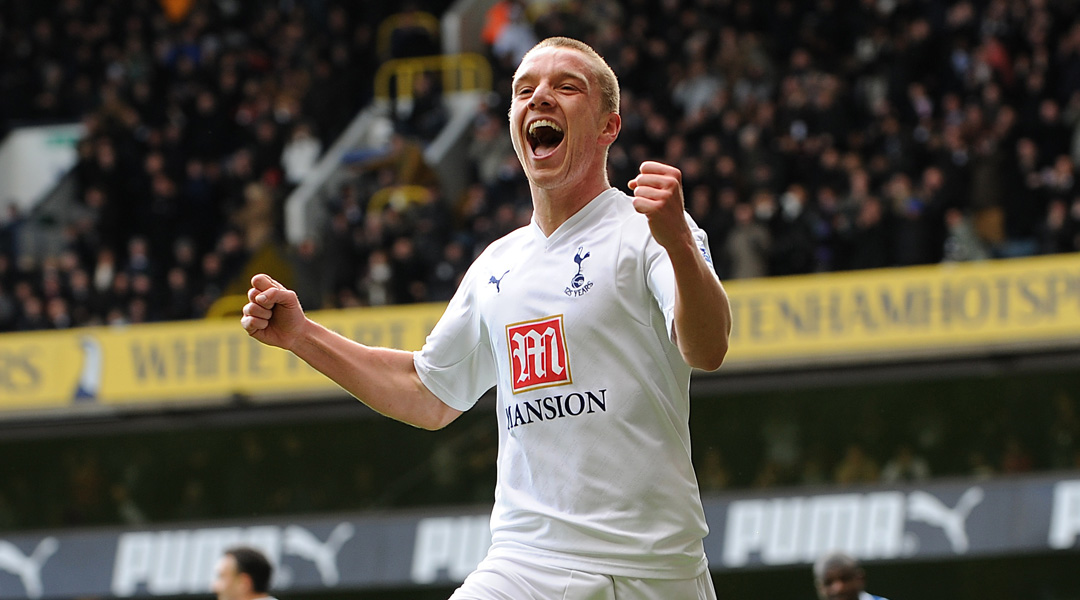
Amid all this mediocrity and waste, one man stands out like a lamppost in a snow drift. Ledley King, universally regarded as the best player ever to spend more time swimming than playing football, was the only really successful product of the Spurs academy throughout his time at the club.
But change is seemingly afoot at White Hart Lane, where young, Enfieldian blood courses through a substantial chunk of the first-team squad.
Get FourFourTwo Newsletter
The best features, fun and footballing quizzes, straight to your inbox every week.
The new breed
Ryan Mason, tipped for many years as one of the brightest prospects in the academy, has finally been given a chance and thus far appears to be the best midfielder at the club - no small feat given Spurs’ penchant for hoarding them.
Harry Kane is the side’s top scorer in all competitions and a willing third-choice keeper. On the fringes, Andros Townsend and Nabil Bentaleb are both also consistently popping into Mauricio Pochettino’s squad.
Furthermore, even as that quartet establish themselves in the first team, the next generation of young Spurs talent is hoving into view. The Europa League has more than its fair share of critics, but for the likes of Harry Winks and Josh Onomah, it is the stage on which they will make their tentative first steps in a Spurs shirt.
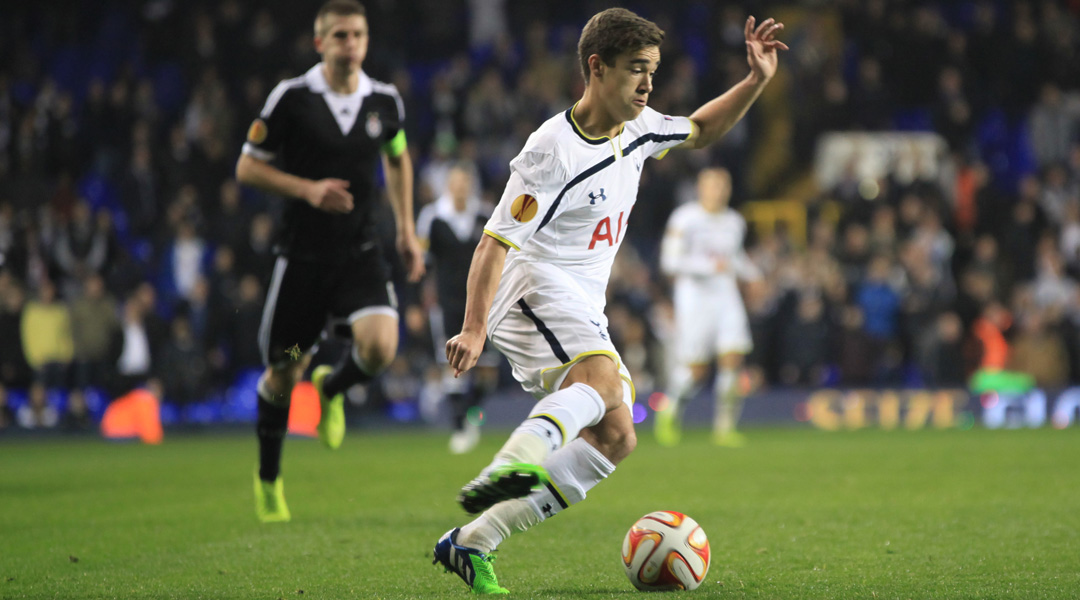
Winks, a midfielder who has already disappointed a nation by opting not to take the No.40 shirt at Spurs, made his first-team debut by coming off the bench against Partizan Belgrade earlier in the competition and could be in line for a start against Besiktas. The 18-year-old also made the bench for Spurs’ Premier League matches against Liverpool and West Brom last season.
Onomah, who is just 17 and another midfielder, is also in the squad for the trip to Besiktas and could make his debut for the club. Both Onomah and Winks are regular features in England youth squads, with other Spurs youngsters like Kyle Walker-Peters and Marcus Edwards also dotted around the U17, U18 and U19s. Elsewhere, Alex Pritchard is in Gareth Southgate’s U21 setup and impressing on loan at high-flying Brentford in the Championship.
The quality of players coming through at Spurs is on another level to what has come before. The new training centre, which opened in 2012, has undoubtedly played a part, with the facilities praised to their £30 million rafters by all-comers, and the change in focus that led to Spurs making such an investment in their academy was reaping dividends even before it was completed.
Success in the inaugural NextGen tournament in 2011/12, where Spurs reached the semi-finals only to withdraw after fielding an ineligible player, was followed up by second-place in the first U21 Premier League in 2012/13. In the latter competition, Spurs actually won both group stages, before being defeated by Manchester United in the final.
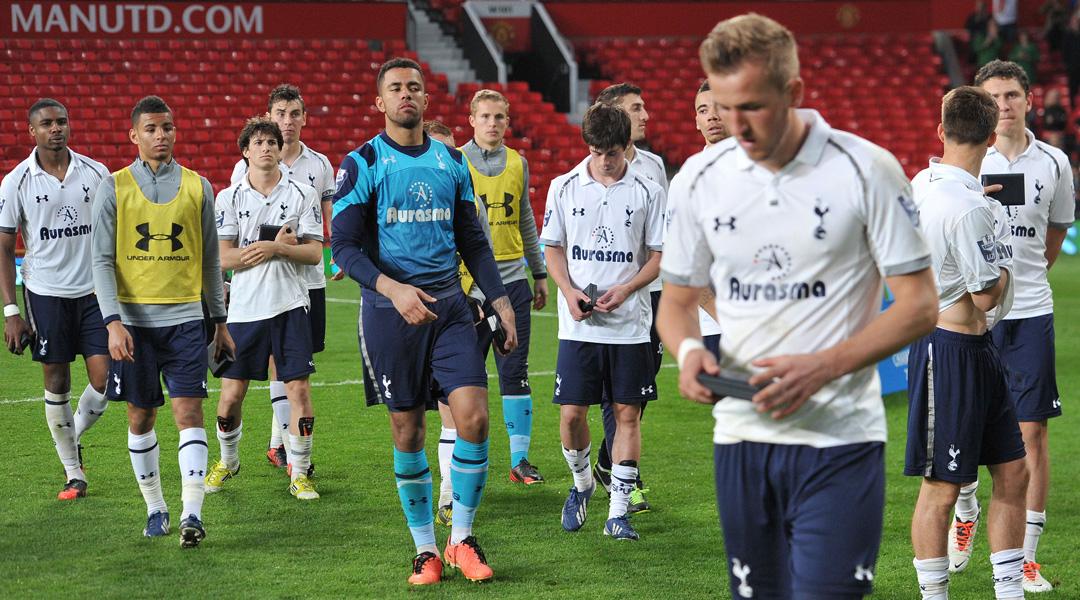
These youth-level competitions have been important in raising the level of Spurs’ youngsters, as has the greater trust placed upon them by managers who have clearly been given a remit to use academy players.
One reason suggested for Andre Villas-Boas's falling out with the Spurs board was his failure to truly embrace the youth system (repeated thrashings by Premier League rivals also didn’t help) while just about the only appealing thing about his successor Tim Sherwood was his readiness to promote youngsters.
The pieces are in place
Mauricio Pochettino was at least partly hired on the strength of his record of working with young players at Espanyol and Southampton, and the Argentine has mostly lived up to that billing so far.
With Pochettino in the dugout, everything is now in place for a seachange in Spurs’ policy regarding both transfers and their young players, where they look to their academy before their chequebook when attempting to plug holes in the first team.
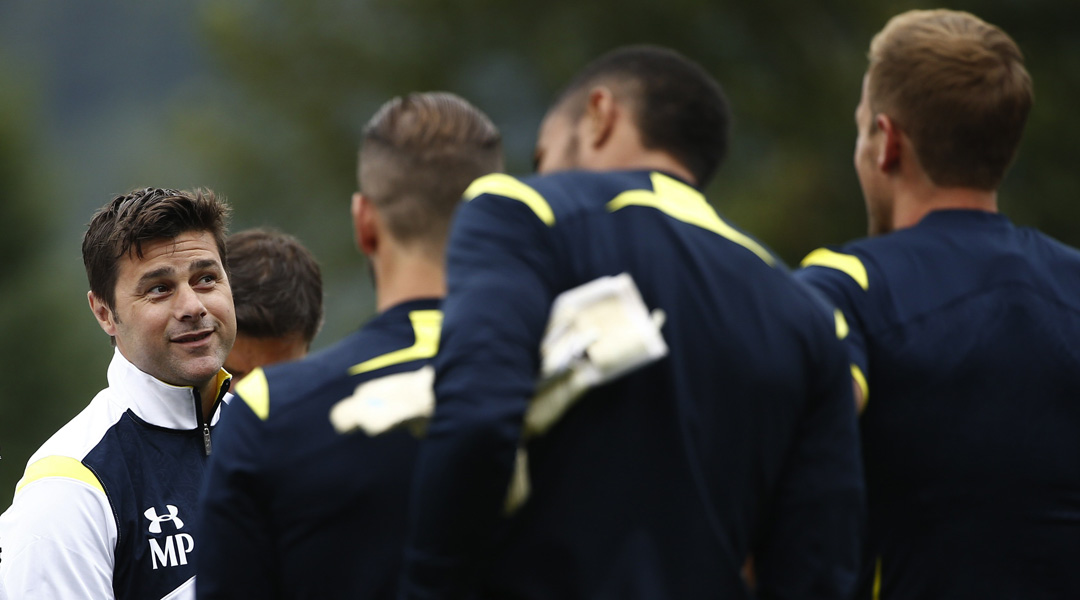
Considering the Lilywhites’ recent record in the transfer market it is a change that can’t come quick enough. Over the past decade Spurs have spent ever-increasing amounts of money to try to gatecrash the league’s elite, but they have an almost unerring record of splashing said cash in the wrong places.
Transfer fees are never as cut and dried as they are made out to be, but the following are, in all probability, the most expensive players Spurs have ever bought: Erik Lamela, Roberto Soldado, Paulinho, Luka Modric, Darren Bent, Mousa Dembele, Jermain Defoe (second time around), David Bentley, Roman Pavlyuchenko, Robbie Keane (second time around).
Of the 10, there has been one unqualified success: Pavyluc... Modric. Lamela still has time on his side, and is probably only two or three more rabona goals away from everyone agreeing that was cash well spent, but the other two members of the top three are currently looking like £43m slipped neatly down the drain.
Elsewhere there are reasonable successes - like Dembele, Defoe and Keane - and further disasters.
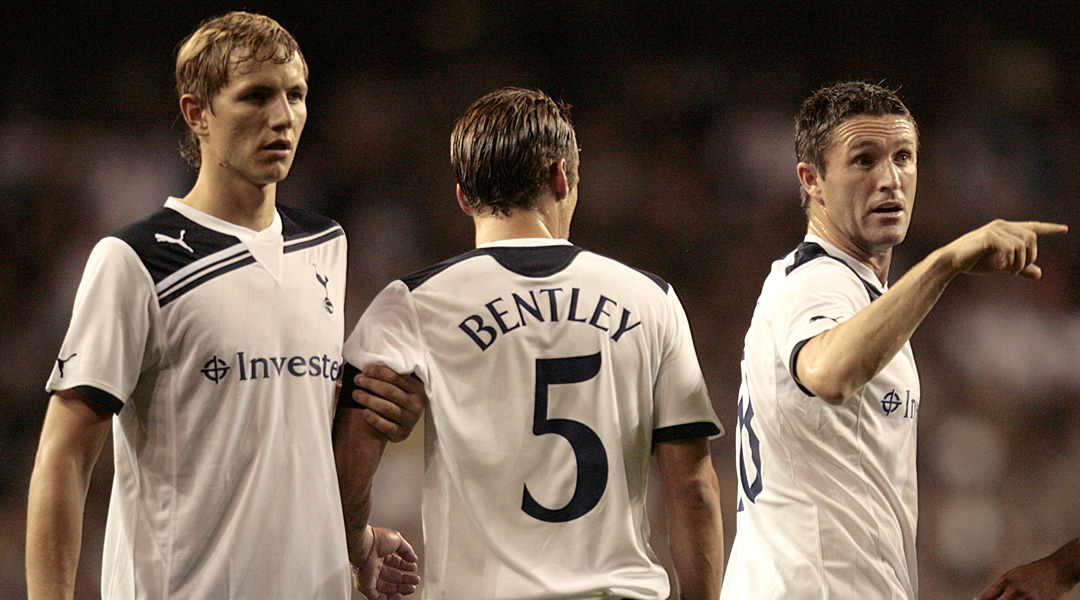
Perhaps more telling than the relative lack of success of Spurs biggest deals is their obsession with buying central midfielders. The Lilywhites currently have seven of them on their books, to the point that the third-most expensive player in the club’s history has played just 76 of a possible 1350 Premier League minutes this season. All these midfielders, and yet it’s far from outrageous to suggest that Mason is the pick of the bunch. The 23-year-old has been overlooked by manager after manager in favour of throwing money at a new signing. It is not only the managers involved who are to blame for this.
A dangerous assumption has leaked into the club and its fanbase that a new signing is inherently a better player than an academy graduate. Unfortunately, it’s an assumption that exists almost everywhere within football. Supporters love to see young, homegrown players do well, but they are never even close to their thinking when the transfer window rolls around and the clamour begins for a pricy import.
The dawning of a new era
Spurs fans want to engage with their club, playing youngsters like Kane and Mason is an excellent way for that to happen. However, both sides have a responsibility when youth players go through a rough spell, or when the transfer window opens, to back their academy graduates.
This season could mark the start of a new era at Spurs, where they have all the ingredients they need to change their club into one that really focusses on youth. The young players they have promoted have impressed, the expensive signings have flopped. They have a manager who not only works well with youngsters, but seems to actually prefer it, and they have one of the best training centres in Europe.
If Jan Vertonghen leaves the club in the summer, and rumours suggest he might, Spurs fans should all cup their hands and shout for Milos Veljkovic to get promoted. It beats spending three weeks trying to sign Mateo Musacchio from Villarreal.
